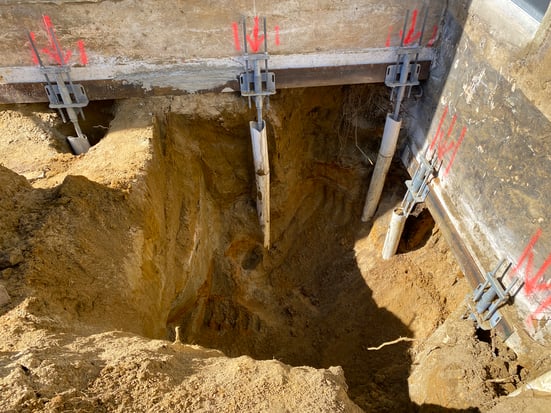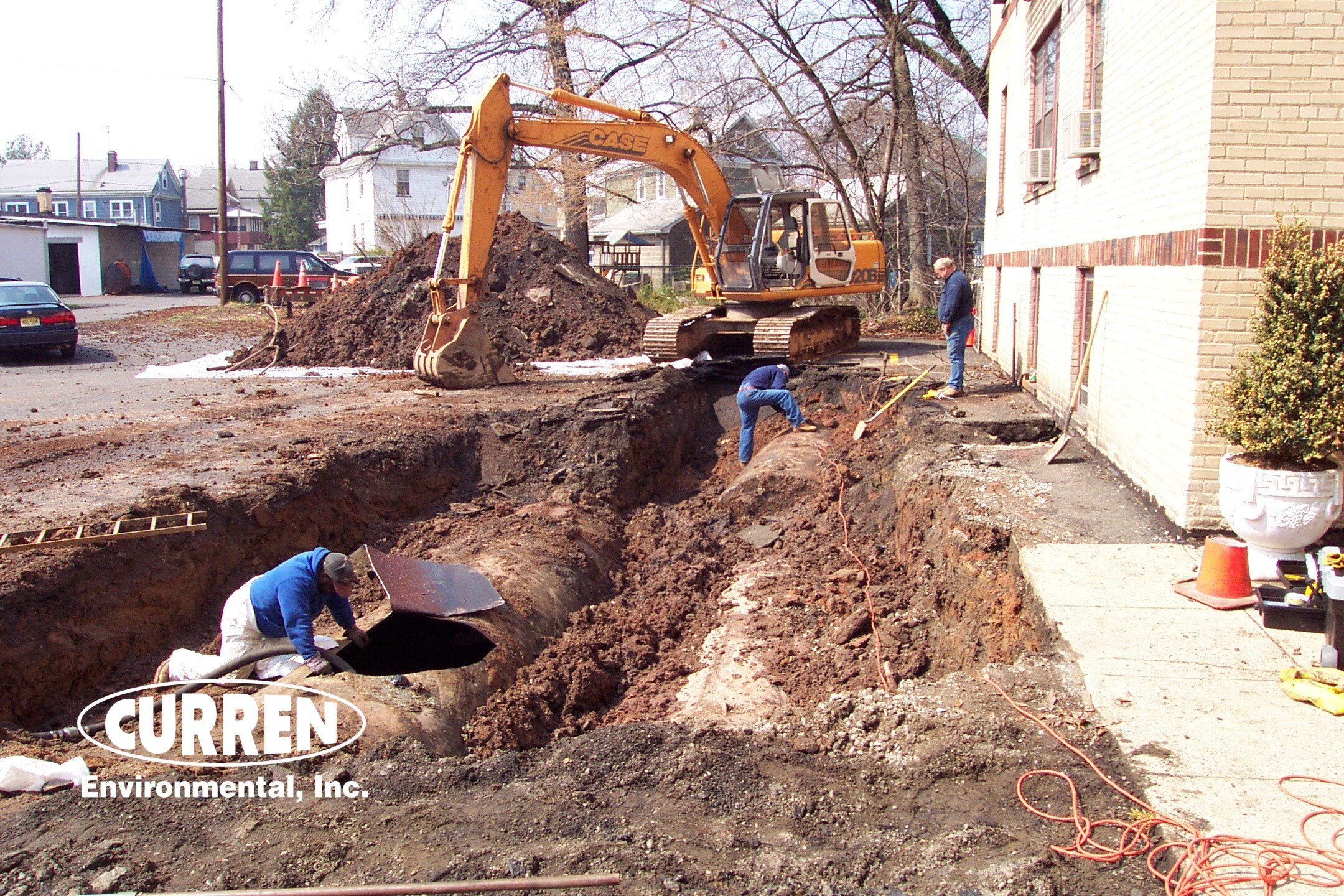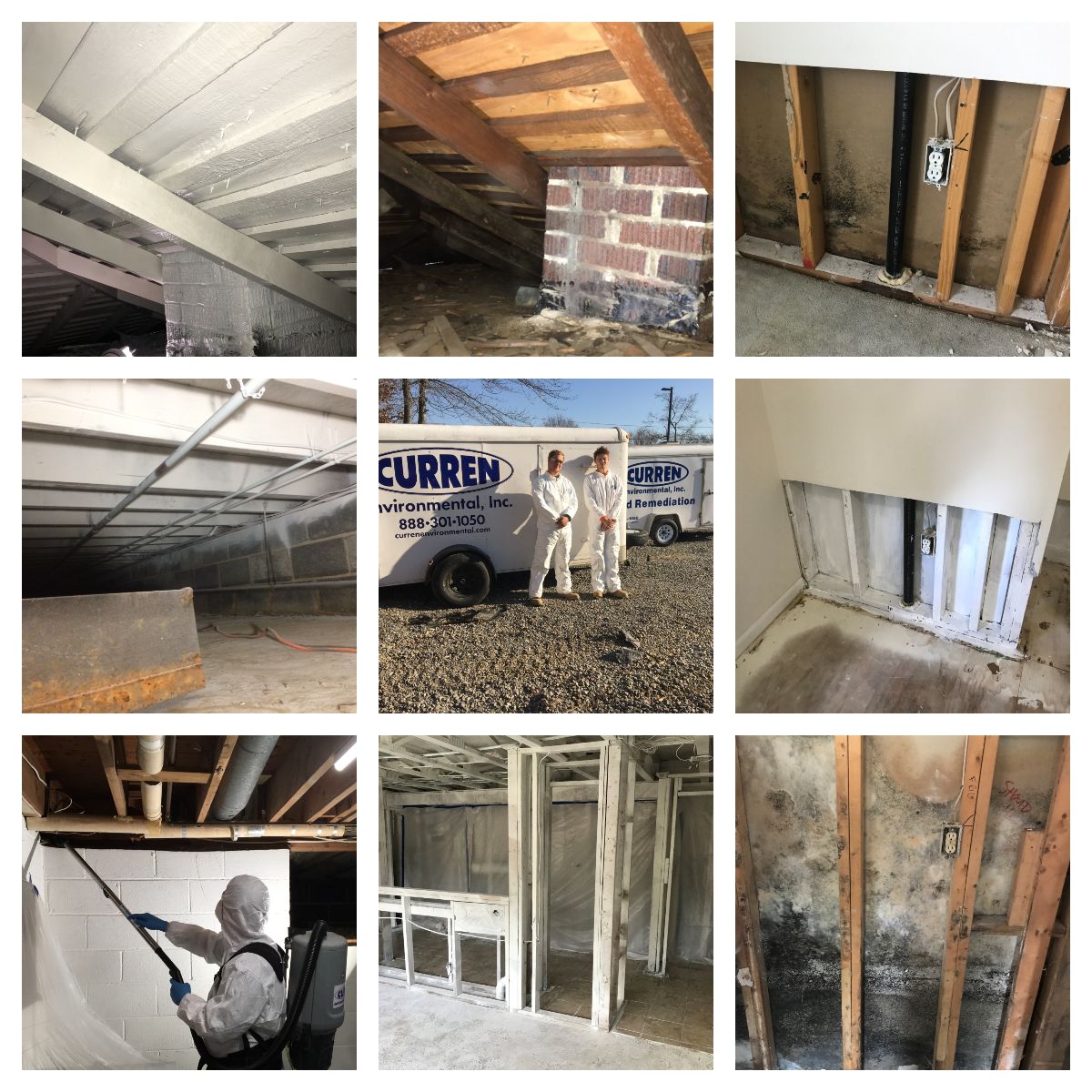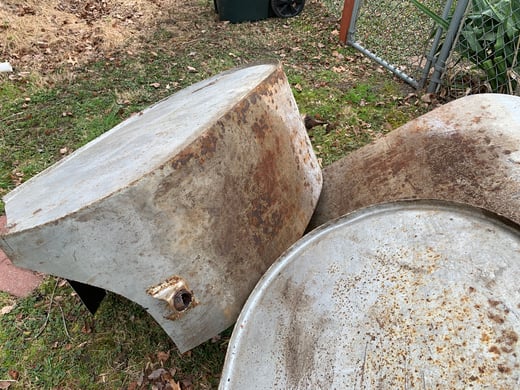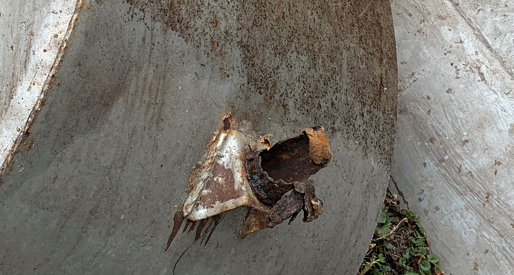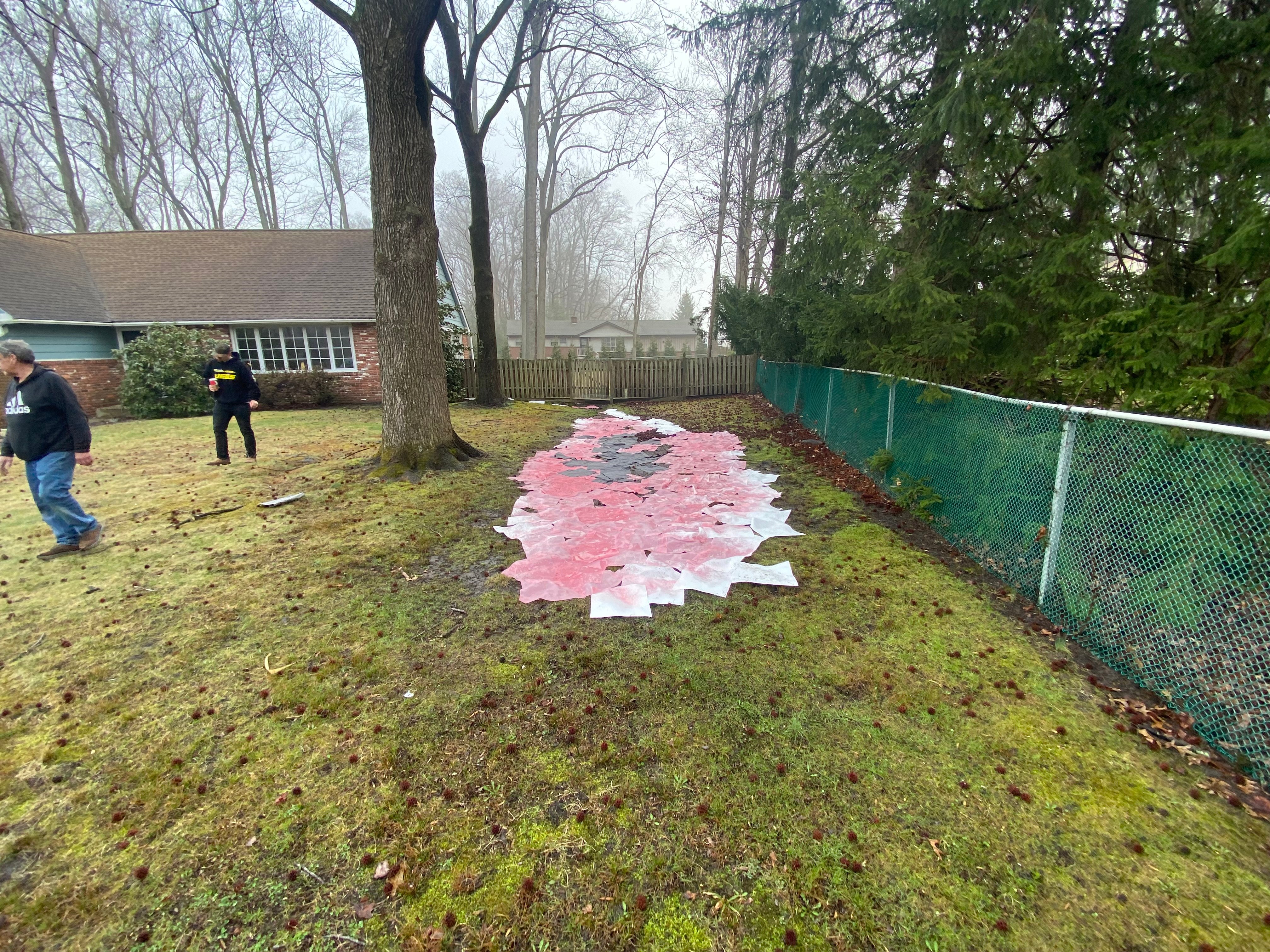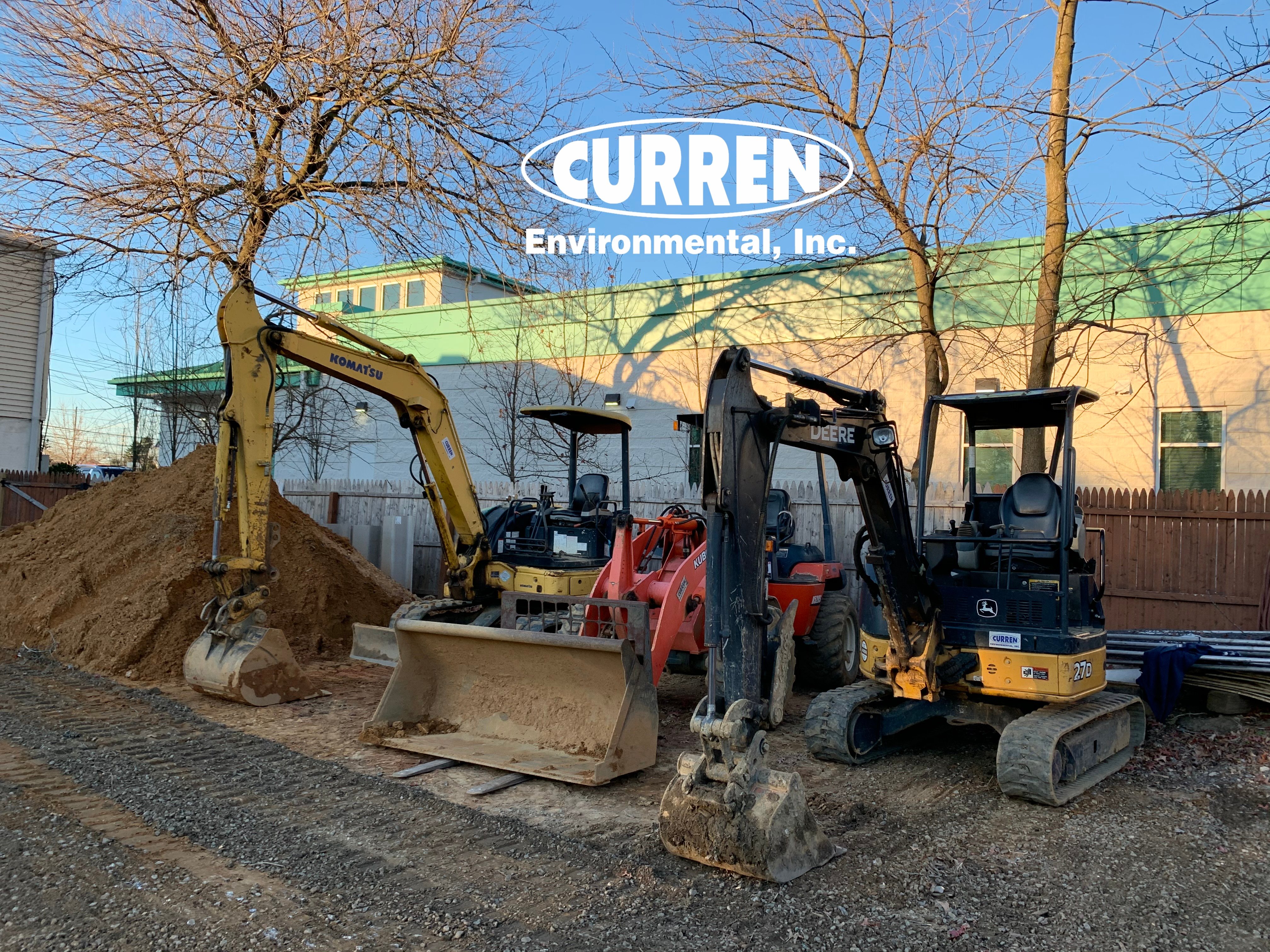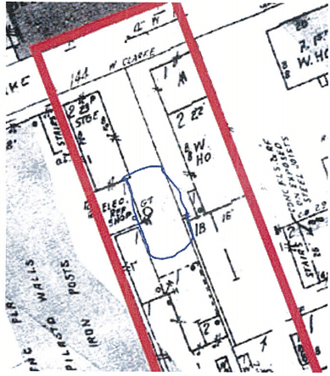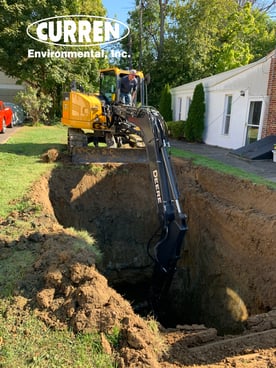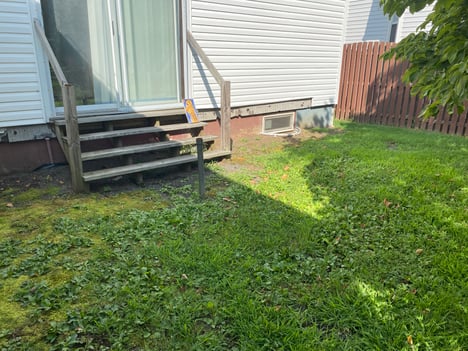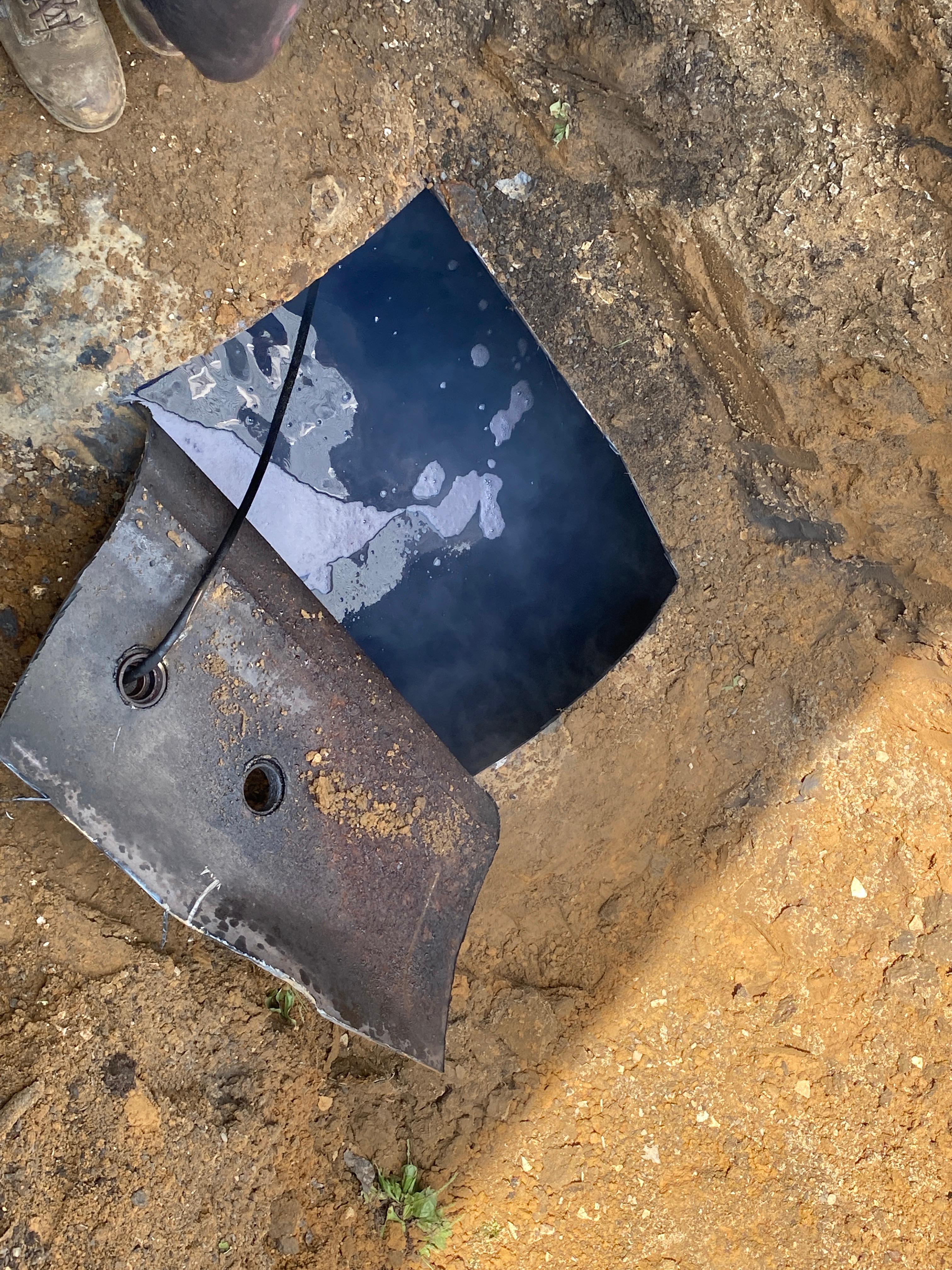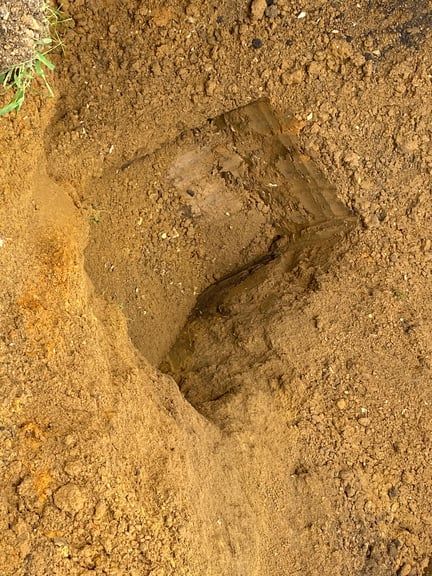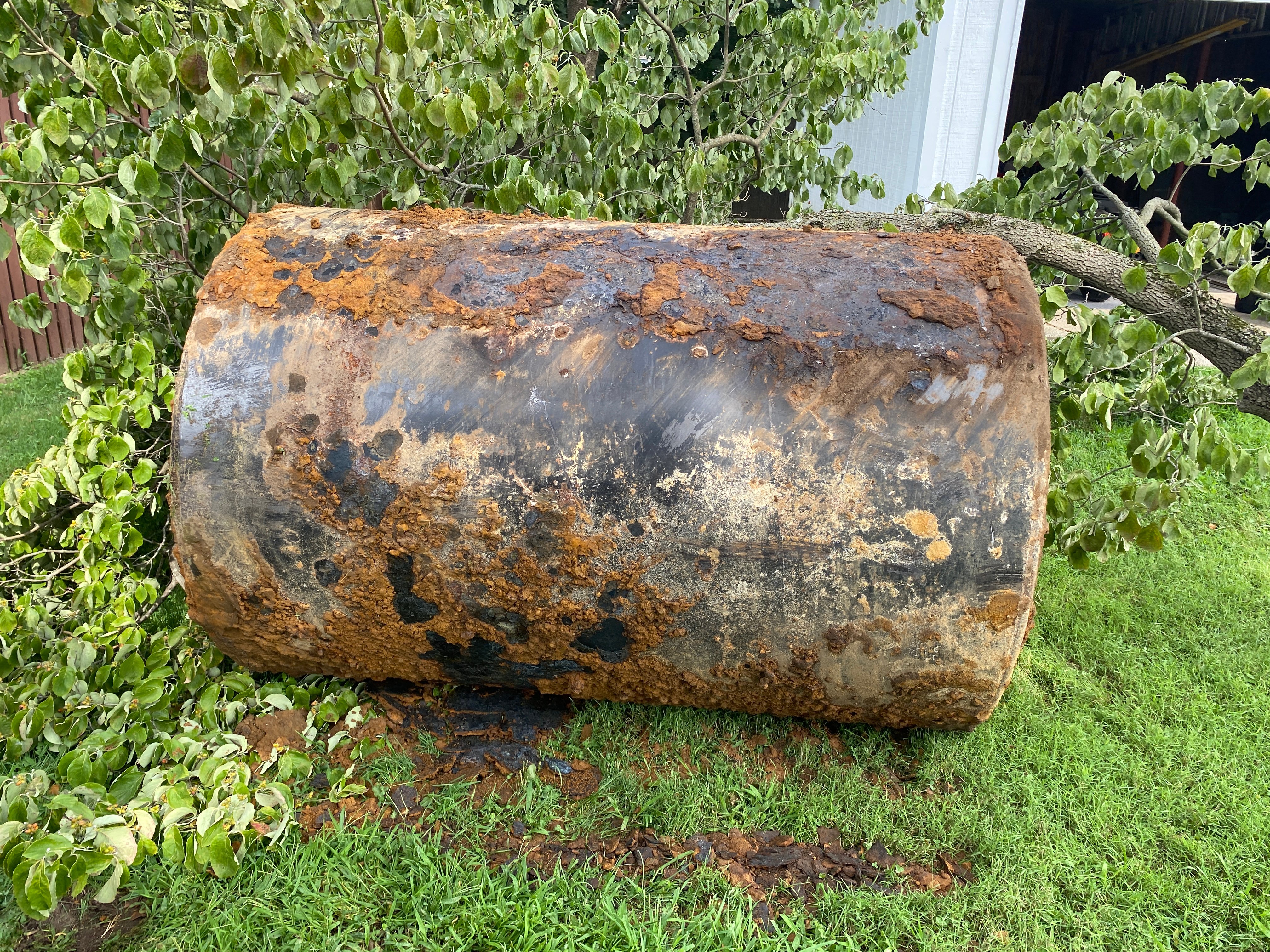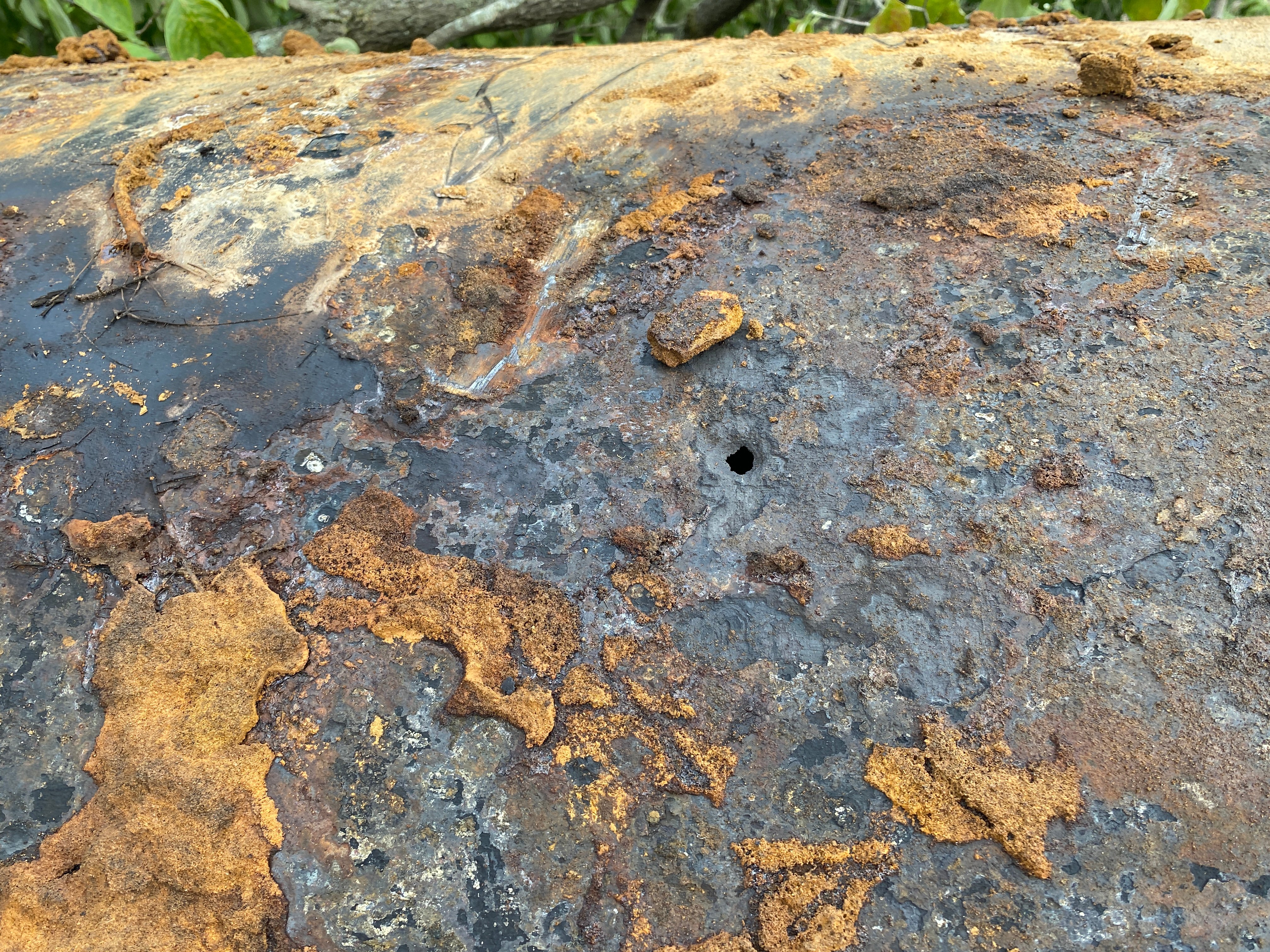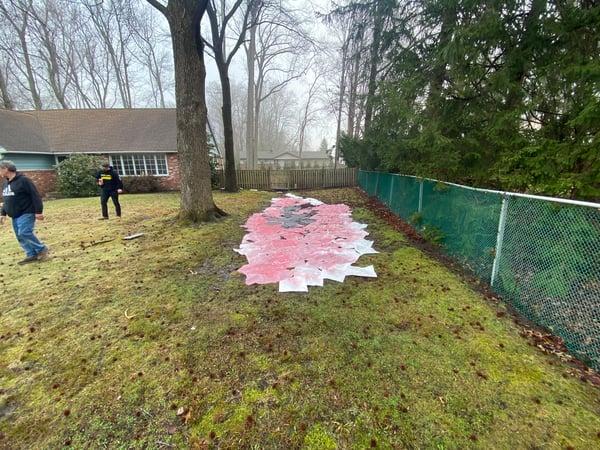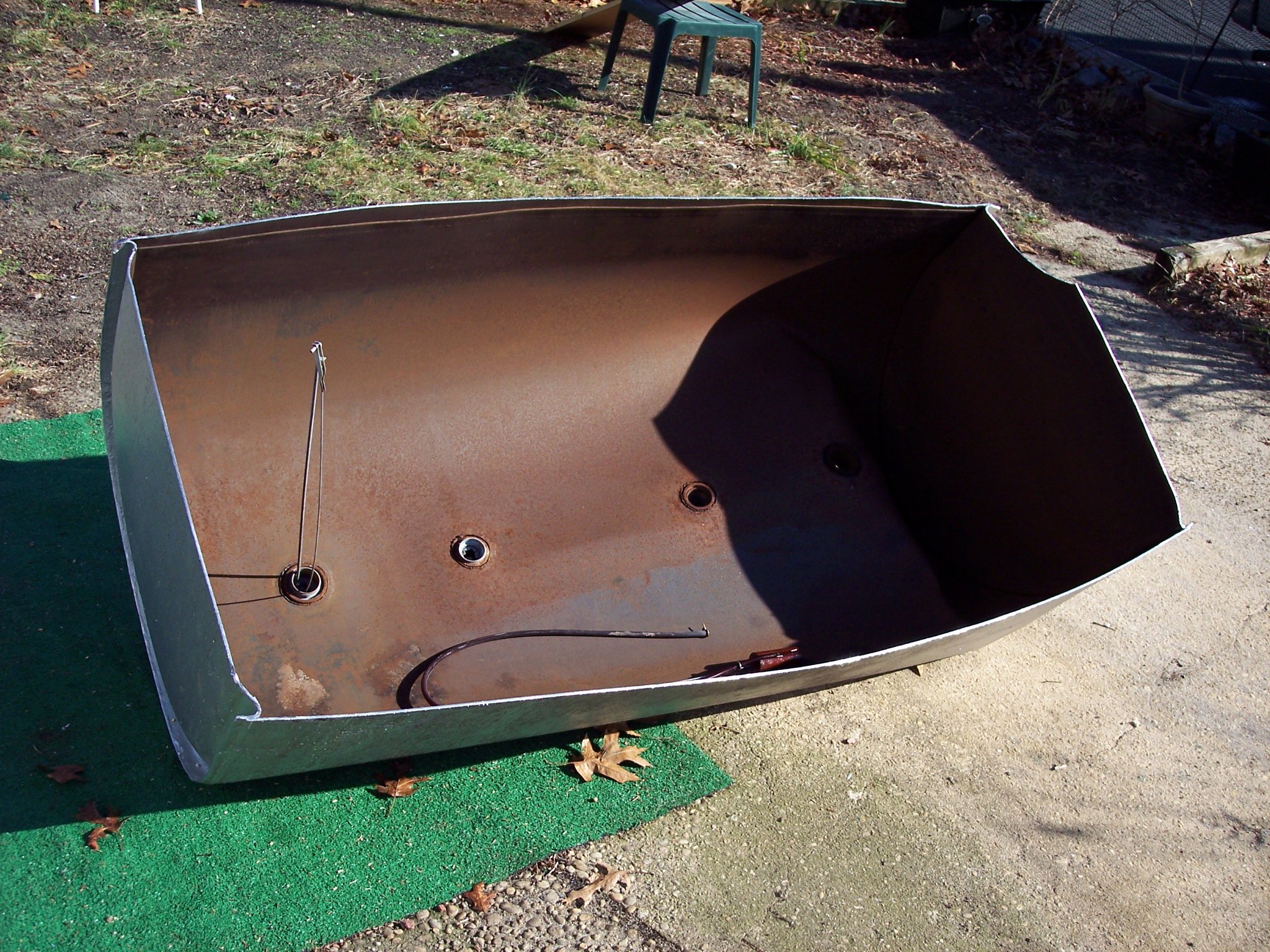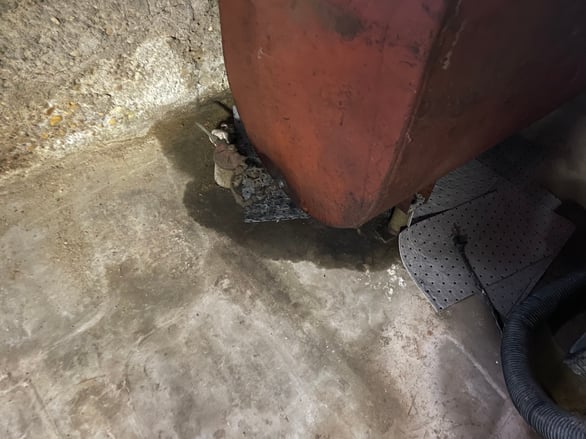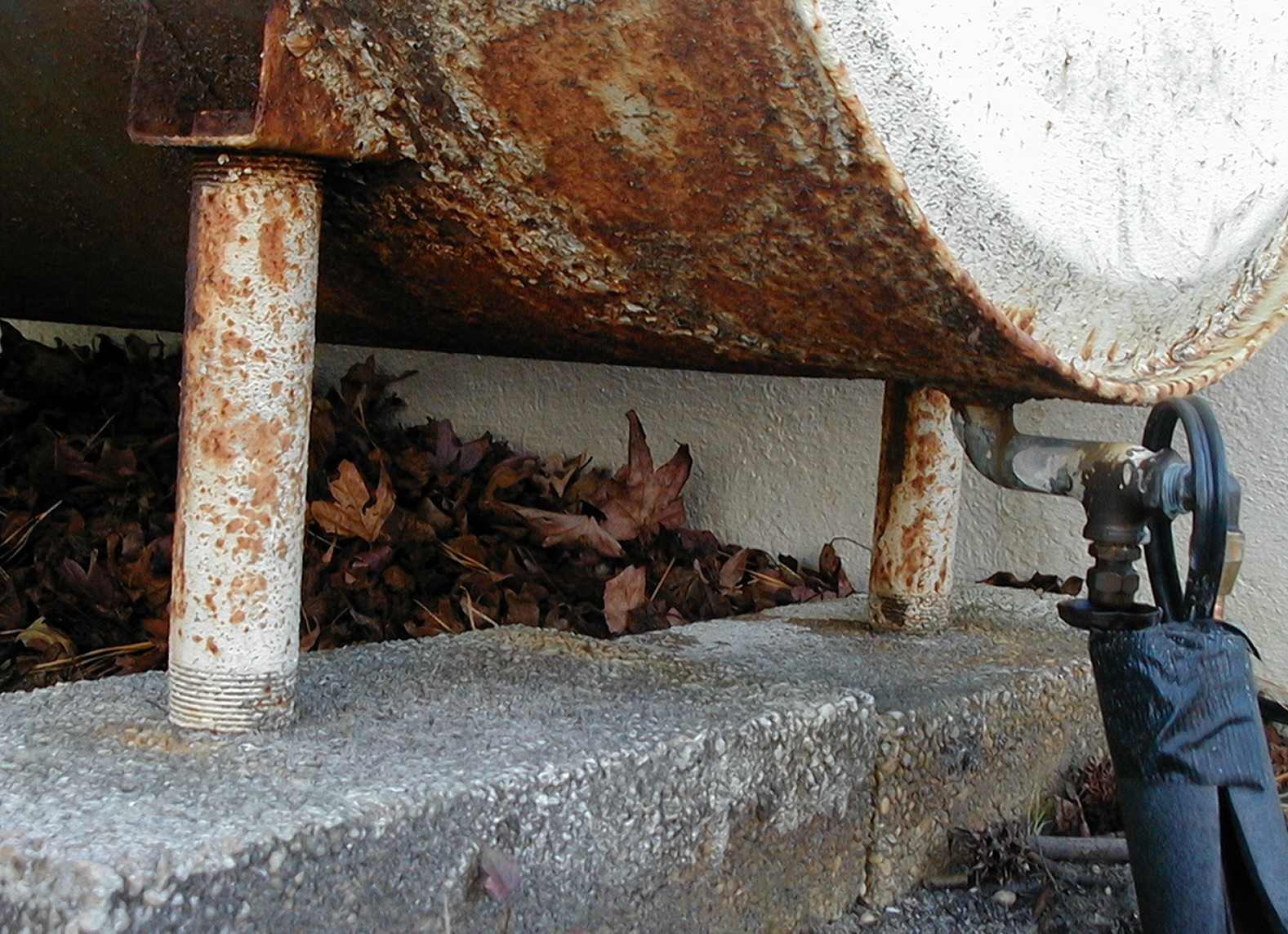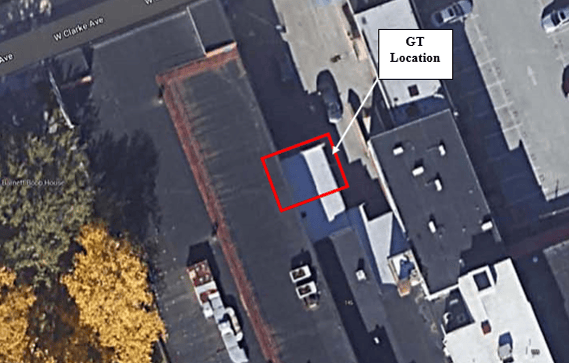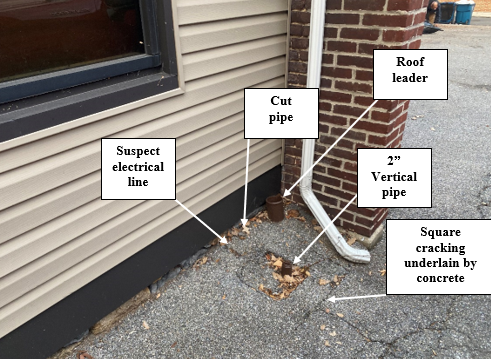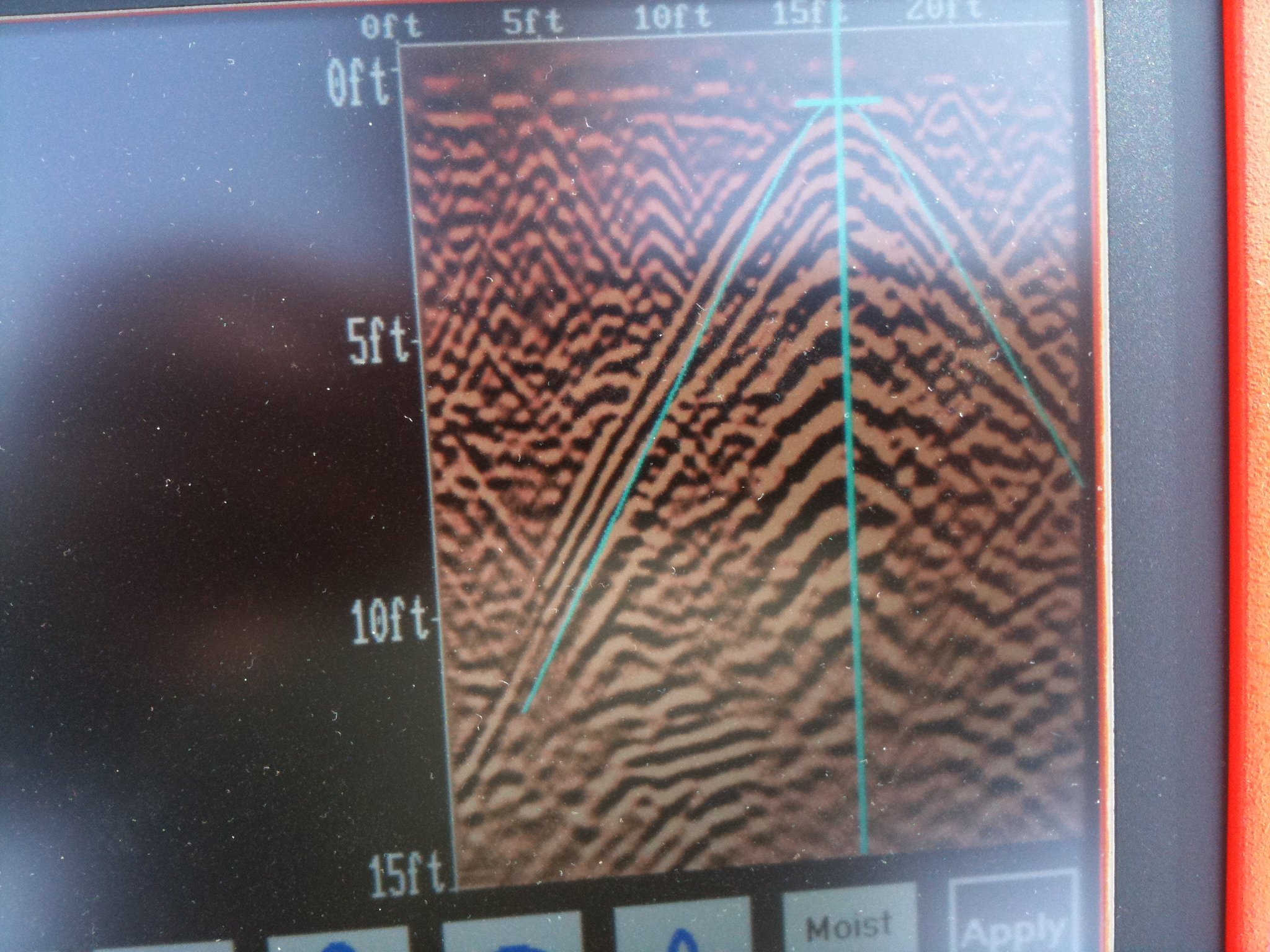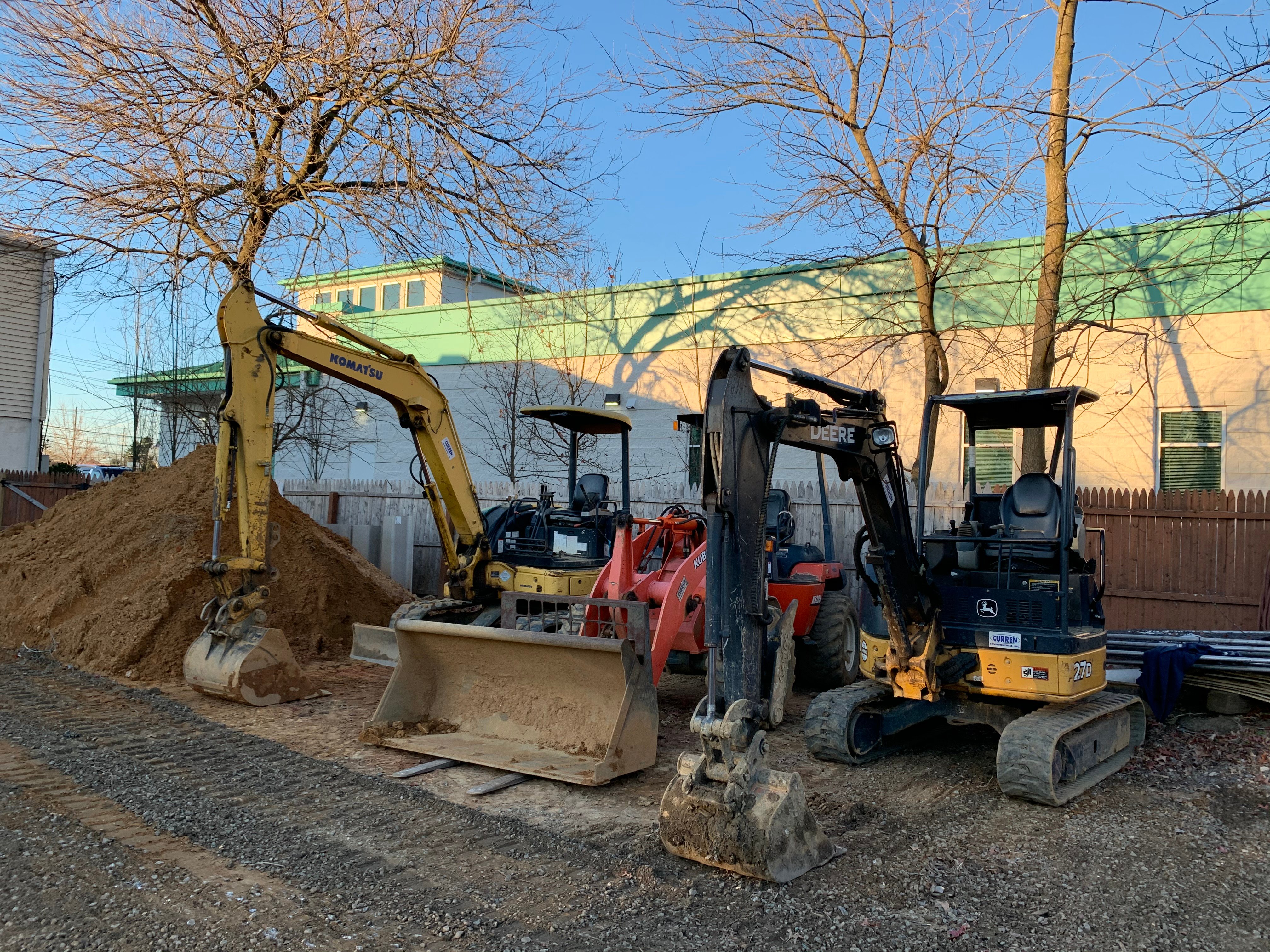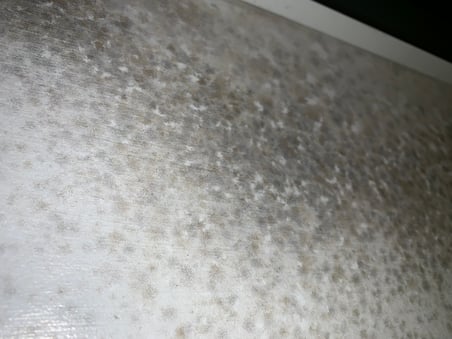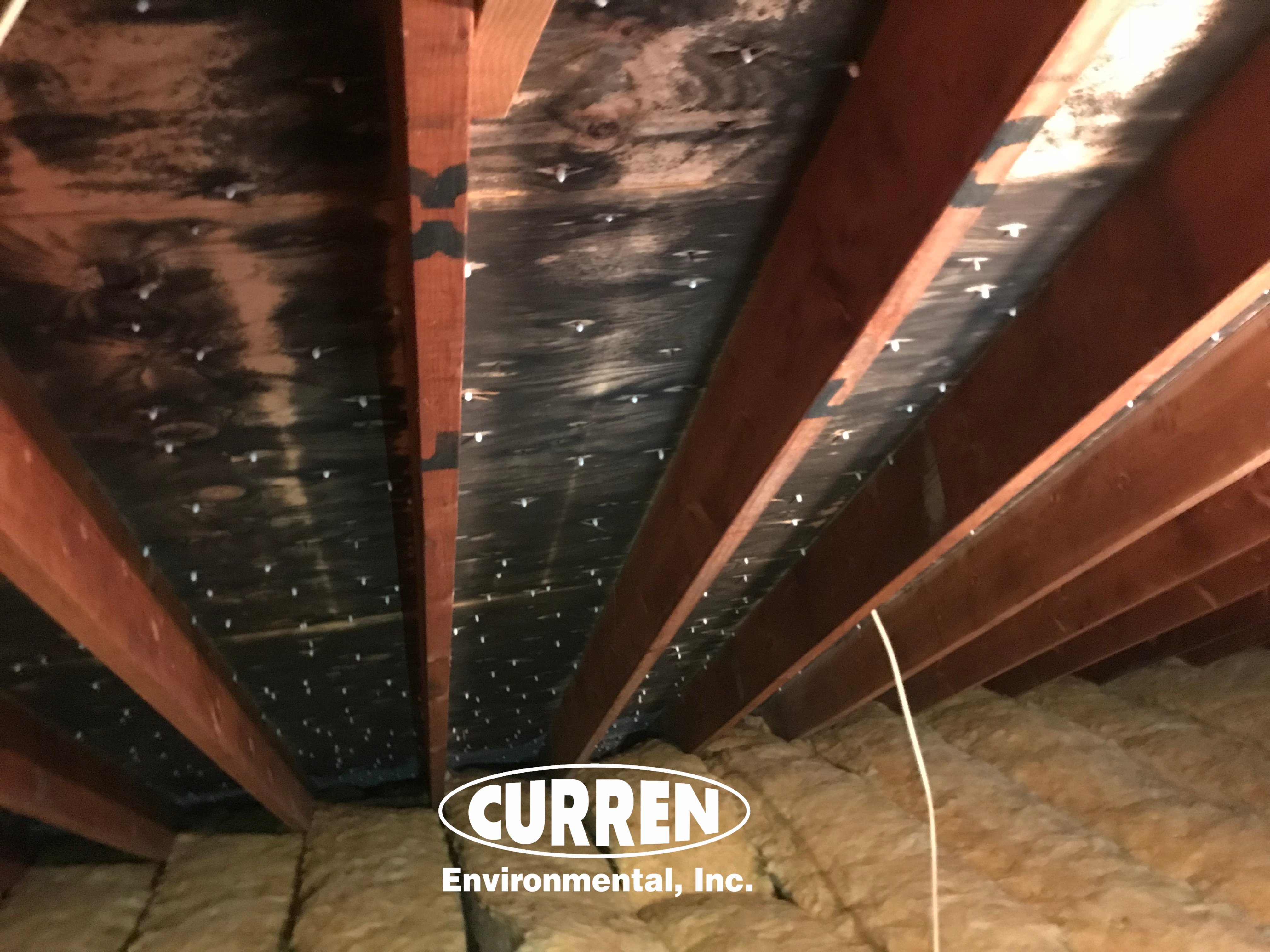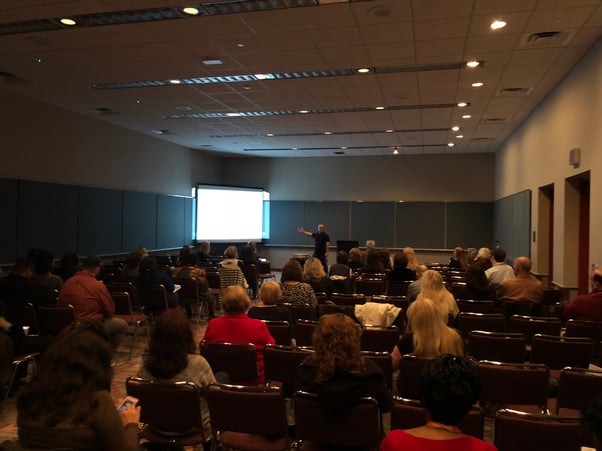Buy a home, you are a home owner you are also a property manager, unfortunately the home didn't come with an instruction manual. Don't you wish a baby came with an instruction manual?
Your first or fifth home all hold similar responsibilities in property management and I have seen all sorts of mismanagement by new and veteran homeowners, simple because no one was trained on how to manage a home. case in point maybe your neighbors yard looks better than yours, not because it is professionally done but rather your neighbor has more knowledge regarding lawn and yard care, hey its not rocket science but there is some science to it and when was the last time you took a science class?
Raise your Homeownership Property IQ
Chemical Storage (Cleaners, paints, fuels, chemicals, pesticides, etc.)
Yes you own a home, so you own chemicals, more so than when you and I am not 100% talking about cleaning compounds, although Lysol and anything that kills Covid has an EPA registration number meaning there is some hazard. You know that left over paint can with the dried paint? Yes the paint can is not 100% air tight and will slowly release compounds in the air, as will many other chemical storage container. (Had a guy getting sick in his basement office because it had 27 cans of paint, some mold as well but more about that later. I am going to use chemical as a broad term to refer to anything you are not eating or using to do laundry, leaves a long list of things doesn't it.
Simple chemical storage solution store chemicals together away from living area, garage or shed is best, this way you are not breathing anything that can off gas from the containers (gas cans should be stored outside the footprint of the home). 90% of homes we inspect do not follow this rule.
Take an inventory of your chemicals, including partially used paint cans, if you no longer use the color, get rid f it. (latex paint cans can be opened and left to dry and disposed of by most municipal trash collection), household hazardous waste days are common and will accept most all chemicals homeowners want to disposal. Longer you live in a home more chemical you collect, buy a home, well prior owner will leave a slew of items they didn't want but thought you would, go through it and get rid of what you don't need. And yes most everything can have an expiration date so that pesticide you maybe saving has likely lost efficacy (the ability to produce a desired or intended result), dispose of it properly.
Water Management aka Preventing Mold
Mold can grow anywhere in your house if water is present and 60 to 70% of home we perform mold inspections at have mold, so how can you be the mold police?
On a rainy day (I mean a rain event of an hour or more), go outside and walk around your house. If you see water pooling within a few feet or even next o the dwelling foundation you must adjust the outside grade because you don't want water by your foundation. Water saturated soil can freeze in winter causing soils to heave and can crack your foundation (we see this all the time). Also any water near your foundation can enter your home, which can burn out your sump pump, damage finished area and cause mold. Know this a mold problem is a water problem. Remember I said go outside after its been raining an hour? Well if you see water by the foundation imagine what happens if it rains for 8 hours?
Take note of your gutters, if water is pouring out of the lengths, you likely have a clog or the gutter are undersized and can't mange the water, this is a situation where size does matter bigger is better. I have seen new $850,000 homes with undersized gutters because the builder saw a way to save money and aside from us, most people don't look at gutters.
Exhaust Fans
100% of the time they must exhaust to the outside. Cooking adds moisture to the air increasing humidity which can foster mold growth, many kitchen exhausts only recirculate air. Bathroom fans if people use them often are exhausted to the attic fueling mold.
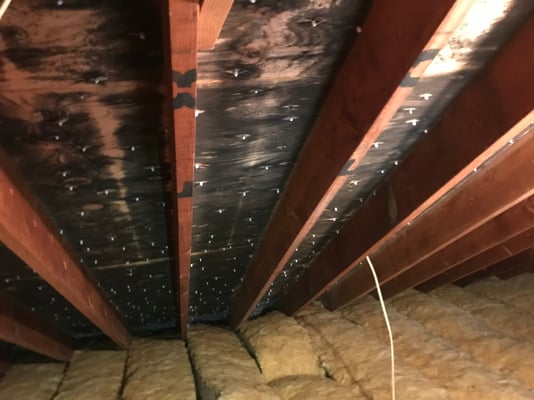
Did you know you can install a humidistat controlled switch for your bathroom fan, click it on after you shower and it turns off when humidity drops, you will never get that naked chill again.
Pro Tip:
Turn on your bathroom fan and hold a paper towel up to it, if it clings to the fan, good fan, if it doesn't the fan sucks and not in the good way. Yes bigger bathroom needs a bigger fan, 1 CFM per square foot of room. So a 50-79 sq. ft. bathroom would need a fan with a 50 to 80 CFM rating.
Attic:
Regarding mold, attics are one of the top three areas we find mold growth. After we remediate (Average cost to remediate an attics is about $3,000.00 plus or minus, gain size matters) the remedy to prevent further growth is better air (humidity management). Aside from venting the bathroom exhaust outside, ridge vents on the roof, humidistat controlled exhaust fans are huge lines of defense. Even insulating the hatch to the attic helps because warm air during the heating season can migrate to the attic (heat rises) mixing with cold winter air which drops out moisture, fueling mold.
Do I need a humidifier?
If you have basement, yes. Because the soils outside your foundation hold moisture and moisture goes where it isn't. Even if you have a finished basement with heating and cooling the area will never be the same temperature as upstairs. Also basements without dehumidifiers invariably have mold.
Pro Tip:
Buy a dehumidifier that is sufficient for size of the room and use the supplied hose to drain it to a sump or sink.
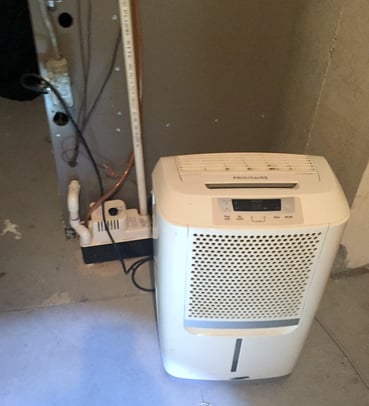
*Remember there is a dust filter on the front of every dehumidifier, which you should remove and wash every 3 months.
HVAC The Lungs of the Home aka how do I make my home healthier
Everyone is concerned about health, but no one thinks much about the HVAC system in a home. The HVAC is managing the air you breath in the home and most HVAC systems are sub par in adding any real health benefits. This topic could cover a whole article so I am just going to provide an overview.
- Filters should be replaced every 3 to 6 months depending on the MERV rating. No one remembers, so you should always write the date of last filter change on the filter and think about changing the filter when you pay your property taxes.
- Operating a whole house humidifier on the HVAC System (forced hot air only) keeps optimal humidity in winter, viruses thrive in low humidity environments.
- Increase the efficiency of your HVAC filter, most 1" filter catch the golf ball size particulate, look into having a MERV 16 filter installed. What is MERV 16, think of it as installing an N95 Mask to your HVAC system. Think about what that filters.
Home Energy Efficiency
You own a home, and your utility bill is likely higher than where you lived before. Statistically we use less electricity today than 10 years ago due to lower energy demand of newer electronics and the availability of energy efficient products. So lets start with the low lying fruit of home energy efficiency.
- Replace high use lighting with LED which can be 80% more efficient that historic lighting. What is high use areas? Kitchen, front door light, primary bath lighting, bedrooms, home office, hallways. All these are common left on when no one is in the room or home, so consider that when replacing bulbs. really most every bulb could be replaced.
- Smart Thermostats, they can save 10% annually on heating and cooling.
- Water Heater Blanket, if your water heater does not have an extra insulation layer, you are losing energy
Pro Tip:
Consider an on demand hot water heater, they have come down significantly in price and consume less space than traditionally water heaters. Think about it does your hot water need to be hot at 2 am, likely not so why spend money to heat it at that time of day 365 days out of the year.
*Go look on the serial number plate of your hot water heater, it will tell you year it was manufactured. Know they last about 16 years on average, you may need t replace before you need to, plumbers make their money on emergency service and lack of hot water is an emergency.

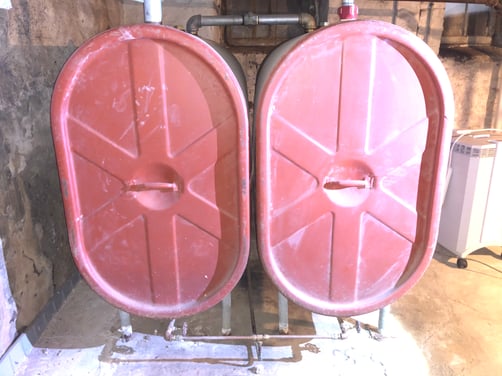
.jpg?width=448&name=Photo%20Dec%2018%2c%2012%2016%2004%20PM%20(1).jpg)
